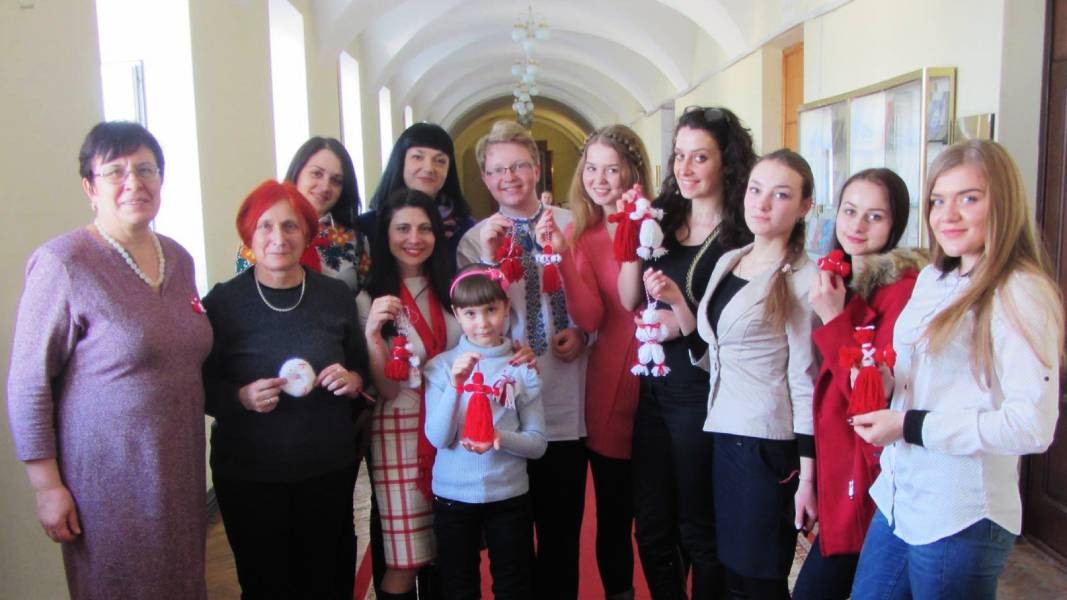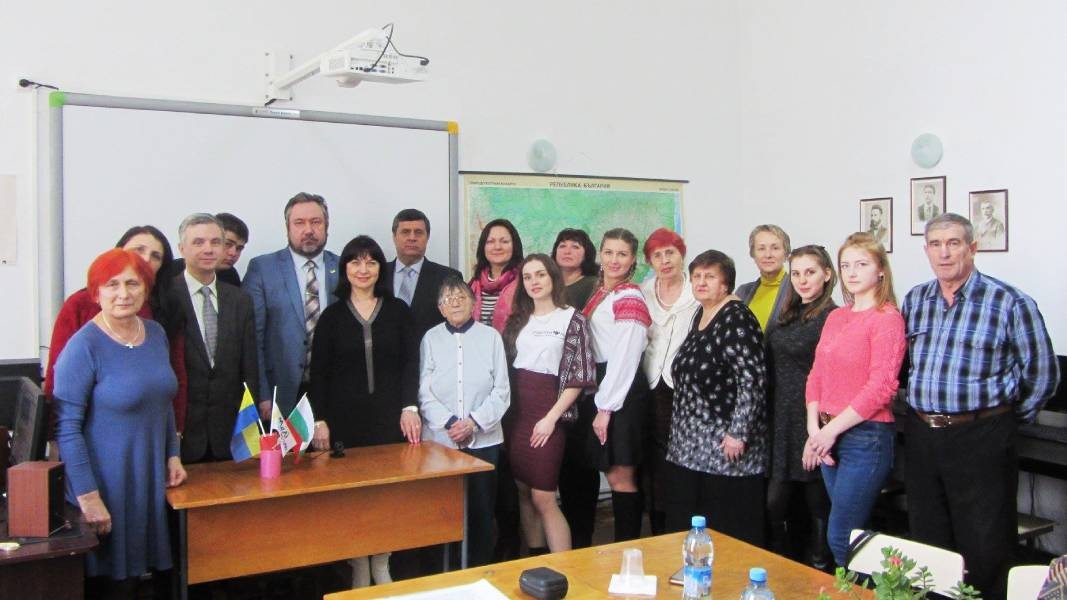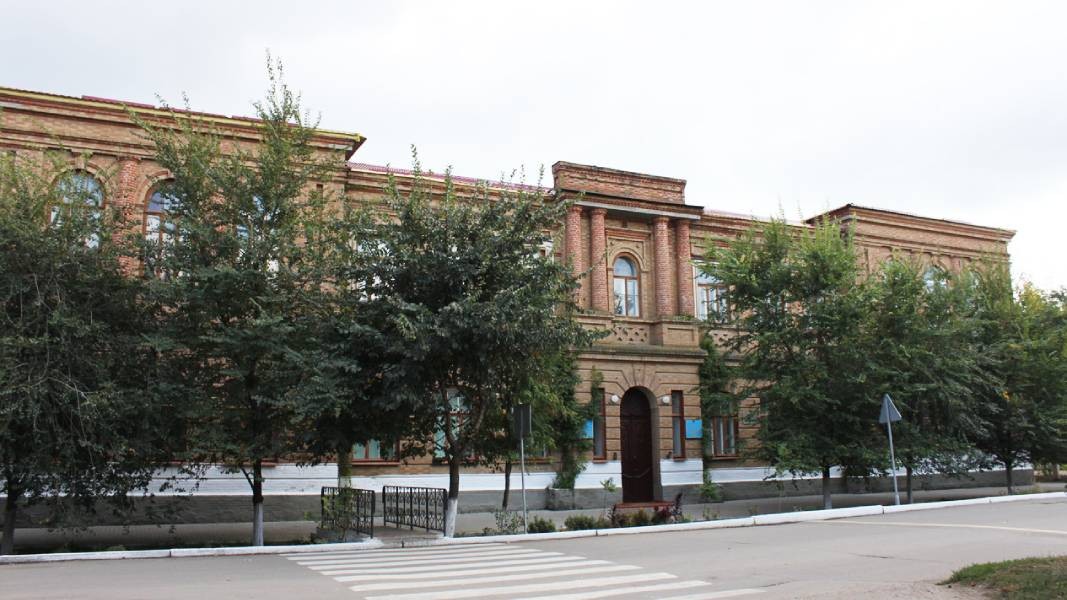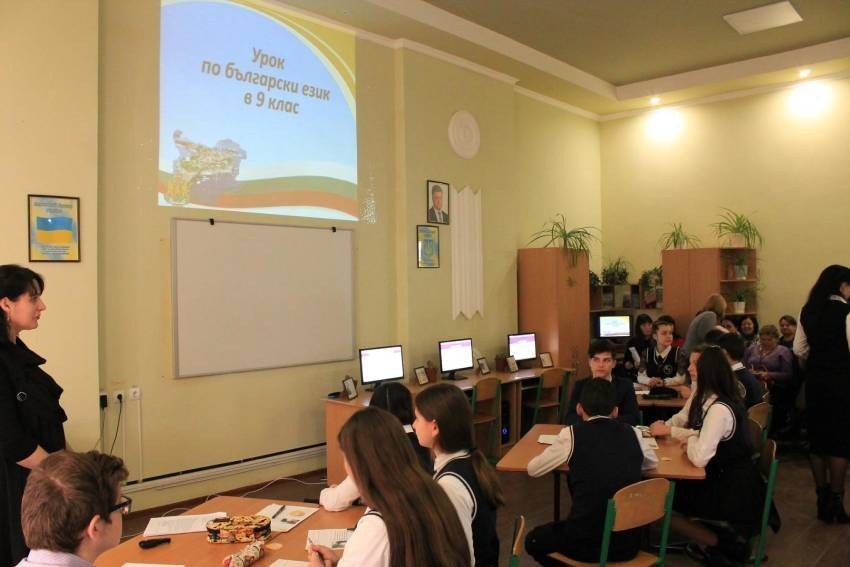The Bogdan Khmelnitsky Melitopol State Pedagogical University, together with the Shumen University "Bishop Konstantin Preslavsky", organize the ninth International Bulgarian readings "Youth in Science without Borders", which will be held on November 29 this year in virtual space due to the raging war in Ukraine. The Center for Bulgarian Studies with lectureships in Bulgarian language, literature and culture at the Ukrainian university will play a key role in them.
The Bulgarian readings draw attention to Bulgarian lecturers abroad and specialists who work with students outside academic auditoriums. In scientific workshops and associations, lecturers help young people explore issues in the humanitarian studies, building on the knowledge gained at university. One of the topics that will be in the focus of this year's event is related to the 30th anniversary of the entry into force of the Treaty on Friendly Relations and Cooperation between Bulgaria and Ukraine.
"The conference will feature Dr. Anna Tertychna, who is the Deputy Ambassador of Ukraine to Bulgaria and participates as a specialist who has defended her dissertation in this field," says Dr. Krasimira Koleva, a linguist and lecturer at the Center for Bulgarian Studies at the University of Melitopol. "The Bulgarian Embassy will also participate, but the Ukrainian representative will deliver the scientific report, since the topic is currently a priority and the Ukrainian university is hosting the event.

In general, as it is clear from the message of the conference, we want young people to meet, discuss, establish scientific contacts and get to know each other, as science without borders is not a cliché. Fortunately, the digital connectivity that we have had for so many years now brings us together, wherever we are in the world. We have applications for participation from our students overseas and from a number of countries in Europe, as well as from students studying in places where war rages."
Krasimira Koleva says that interest in the Bulgarian language has been growing in Ukraine.

"Historical Bulgarian studies are particularly well developed in scientific centers such as the one at the Kharkiv National University named after Prof. Marin Drinov,” the linguist adds. “Linguistic and literary Bulgarian studies are also very well represented and developed. Recently, more attention has been paid to translations of contemporary Bulgarian authors, as our literature is little known in Ukraine."
The Center for Bulgarian Studies at Melitopol University has existed for more than a quarter of a century and it is very influential, according to Krasimira Koleva. Students who attend it regularly win gold medals and awards at international competitions.

"Bulgarians in Ukraine are very well integrated, but here we are talking mostly about the last 30 years,” the linguist adds. “When there is a teacher who manages to organize both the educational process and work with the community on scientific grounds, this is truly a cultural and educational mission."
At this backdrop, how do the claims of some politicians that teaching Bulgarian in schools in Ukraine is prohibited and is not carried out in any state school sound like?

"If we use the terminology of modern means of communication, this is absolute fake news and has nothing to do with reality,” Krasimira Koleva says. “One of the state schools, in which Bulgarian is taught and there is a teacher from Bulgaria, is located in Bila Tserkva, not far from Kyiv. There is no Bulgarian population there, but the fact that in this Slavic high school not only Bulgarian, but also Polish is taught is indicative. In another state school - the Ukrainian-Bulgarian Lyceum in Tavria, Bulgarian is also taught. The same is true in Prymorsk. So there is no problem at all with studying our language in state schools up to the 4th grade and then as an optional subject. These are specific matters of the education system and they must not be politicized."

Krasimira Koleva recalls that in Ukraine there are five lectureships in Bulgarian language, literature and culture – a fact that, according to her, is not found in any other country. In addition, Sunday schools continue to work and develop.
Students in the twentieth most populous Ukrainian city of Melitopol today acquire knowledge of Bulgarian exclusively in an electronic environment because of the war.
Author: Diana Tsankova
Publication in English: Al. Markov
Photos: Facebook/ Krasimira Koleva, vstup.mdpu.org.ua, pivdenukraine.com.ua, Georgi Sava Rakovski Bolhrad High School
T he exhibition "Mount Athos in Drawings and Photographs" opens tonight at the Bulgarian Cultural Institute in Berlin . The authors are the artist Andrey Yanev and the professor of art semiotics Miroslav Dachev. Admission is free, the institute said...
What would be the motivation in times of political crises, wars, migrant pressure and an unclear future to dream of a unified European university for film and media? An educated and cultured nation is much more difficult to manipulate..
"The Way of the Musicians" (Musicorum Via) is the name of the joint initiative of the Bulgarian Academy of Sciences and the National Academy of Music (NMA), which opens in the "Professor Marin Drinov" Hall of the Bulgarian Academy of Sciences. "During..
"The Way of the Musicians" (Musicorum Via) is the name of the joint initiative of the Bulgarian Academy of Sciences and the National Academy of Music..
What would be the motivation in times of political crises, wars, migrant pressure and an unclear future to dream of a unified European..
T he exhibition "Mount Athos in Drawings and Photographs" opens tonight at the Bulgarian Cultural Institute in Berlin . The authors are the artist Andrey..

+359 2 9336 661
